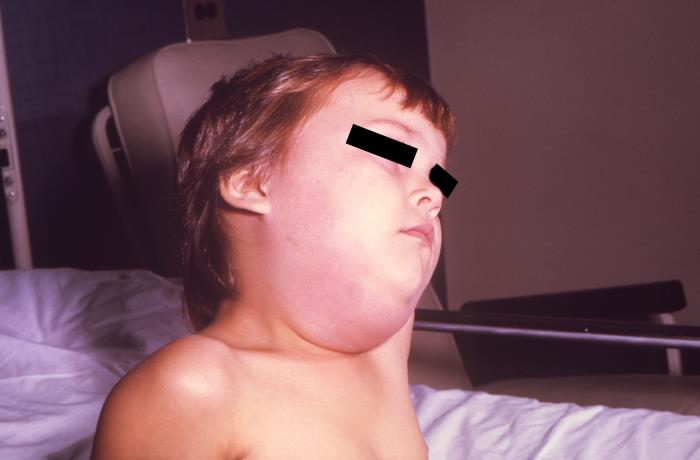
With a one-sentence order Tuesday, an Arkansas judge rejected a request from two unvaccinated University of Arkansas students to have the court block a public health decree that temporarily bars them from classes amid a mumps outbreak.
The Arkansas Department of Health reported that as of December 5, there have been 26 cases of mumps at the university since September. Twenty of those cases occurred in November. According to a recent report in The Washington Post, the outbreak decleated the school’s already struggling football team, knocking out as many as 15 players and a few coaches from the end of its dismal two-win season.
On November 22, the health department issued a directive that any student who had not received two doses of the MMR vaccine (which protects against mumps, measles, and rubella) must either get vaccinated immediately or be barred from classes and school activities for 26 days. As of last week,168 students lacked the vaccinations and were barred from classes.
Two of those unvaccinated students were brothers Shiloh Isaiah and Benjamin Andrew Bemis, who objected to the health department’s directive. They asked the Washington County Circuit to issue a temporary injunction, arguing that the University of Arkansas is “acting in a manner that has violated our civil rights.”
Though Arkansas requires students to be vaccinated, it allows for medical, religious, and philosophical exemptions. The brothers claim that the university “failed to recognize and uphold our philosophical beliefs as enrolled students—beliefs which include the choice to abstain from vaccinations,” according to the Associated Press.
Public health measures
A spokesperson for the university said that it was acting in accordance with the health department. A health department official told the Democrat-Gazette last week that the exemptions don’t apply to a public health directive during an outbreak.
The brothers also argued in their court filing that tests showed they did not have mumps. James G. Hodge Jr., an expert in public health laws, told the Gazette that such an argument is meaningless. “Just because you don’t currently have mumps or measles doesn’t mean you couldn’t have it 24 hours later,” Hodge said.
Judge Doug Martin on Tuesday rejected the brothers’ request succinctly. He did not include an explanation of the decision in the order.
Judge Martin’s rejection is just the latest in a long string of court defeats for students and parents who oppose life-saving immunizations on non-medical grounds. Earlier this year, an unvaccinated Kentucky teen lost his court case and an appeal to block a similar public health directive that barred him from school during a chickenpox outbreak. His attorney revealed that amid the legal fight, the teen contracted the chickenpox.
Parents in Brooklyn, New York, also lost their court battle in April against a vaccination mandate issued during a massive measles outbreak there. Months later, anti-vaccine advocates lost a legal fight in New York to block a new state law that eliminated non-medical vaccination exemptions.
“Generally, parents and students lose, and there’s good reason for it,” Hodge told the Gazette, speaking of other legal challenges to the public health directive in Arkansas. “What is done here is not a punitive measure. It is a public health measure.”
Mumps is a viral infection spread by saliva and respiratory droplets. It causes fever, muscle aches, tiredness, headaches, and swollen salivary glands, which produce the tell-tale puffy cheeks and swollen jaw. The infection can lead to inflammation of the testicles, brain, and spinal cord. In some cases, it can cause deafness. Since 2015, the largest outbreak of mumps in the US was in a close-knit community in northwest Arkansas that involved nearly 3,000 cases.
https://arstechnica.com/?p=1631935

